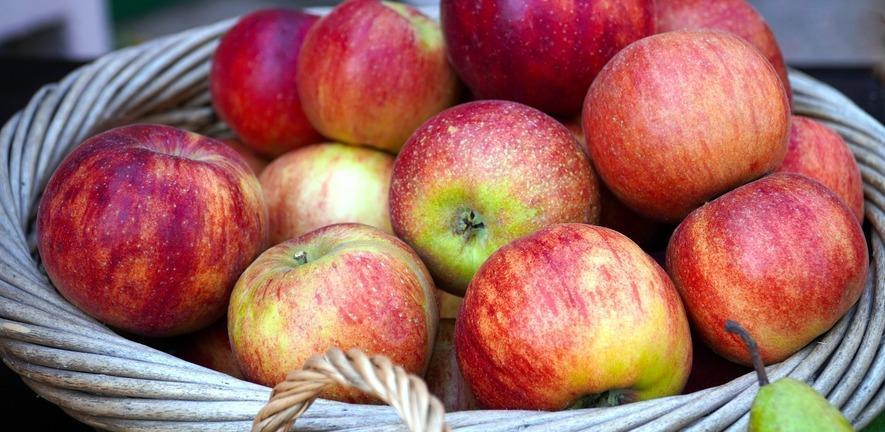
Submitted by A.B. Youngman on Fri, 12/05/2023 - 17:18

Cambridge Global Food Security

Submitted by A.B. Youngman on Fri, 12/05/2023 - 17:18
Chaired by Professor Giles Yeo the event covered the very complex problems of our current food system, possibly caused by prioritising short term profits from the production of cheap calories above all else.
Our three expert speakers each gave a brief presentation followed by a Q&A with the audience. Professor Tim Benton described the way our food system functions and the problems we face as a result. Sue Davies talked about research conducted by Which? into the cost of food in the UK and the drastic steps the poorest members of society are taking due to the rising cost of food. Professor Lucia Reisch presented ways in which we might change the system and gave an overview of some of the instruments, including labelling, subsidies and taxes, that could be used to improve the situation.
The panel concluded with brief summaries of their positions. Tim’s take-home message was that we have designed a system that doesn’t work. It is unjust for today’s economically marginalized, from a health perspective and a planetary sustainability perspective. This is not a free market delivering what people want to eat, it is a biased market selling and delivering things to make a profit and we can change and restructure the market, but it needs political leadership.
Sue called for industry and supermarkets to step up and offer consumers more support. She said that we need a more ambitious plan to transform our system. People do want to make healthy and more sustainable choices but the environment in which we’re making those choices is challenging and becoming more so. People expect and need support but we need the ambition in our leaders to do that. We need to get away from a short term food policy approach and look at food policy that will benefit our long-term health and the environment.
Lucia described what happens when supermarkets make the true cost of food transparent. For example in the Netherlands the True Price supermarket uses a system where consumers can see and voluntarily pay the true, higher, price of their products (this includes the social and environmental costs, in addition to the market price). This has raised awareness and led to behaviour change in customers. She added that the pressure should not be put solely on the consumer but we, as consumers, should take some responsibility.
Chair:
Professor Giles Yeo, author of Gene Eating and Calories Don’t Count, presenter of BBC2's Trust Me I'm a Doctor, and Professor of Molecular Neuroendocrinology, Department of Clinical Biochemistry, University of Cambridge.
Speakers:
Professor Tim Benton Director, Environment and Society Programme, the Royal Institute of International Affairs, Chatham House.
Sue Davies, Head of Consumer Rights and Food Policy, Which?
Professor Lucia Reisch, El-Erian Professor of Behavioural Economics & Policy, Judge Business School, University of Cambridge.
Useful links:
The National Food Strategy - The Plan
Special Report on Climate Change and Land — IPCC site
Priority Places for Food Index - Consumer Data Research Centre (cdrc.ac.uk)
How are consumers adjusting to the Cost of Living Crisis? - Which? Policy and insight